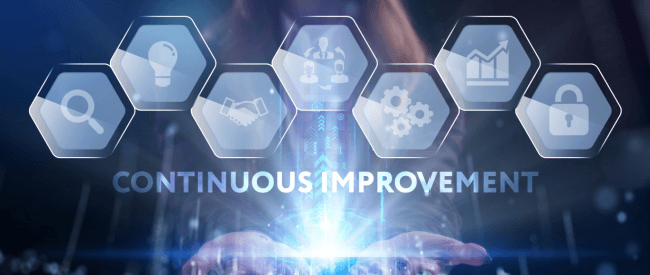Remember the days of just three major TV stations? I do. Not that I’m nostalgic. I can say that the explosion in streaming services, cable channels and other ways to view TV shows and movies is a huge net positive. But let’s face it: It’s a lot more complicated, too.
While not on quite the same scale, we’ve been experiencing a proliferation in customer communications and payments options:
- Communications channels have expanded beyond print and mail, phone and in-person to email, text, digital wallet, chatbots and other website interactions.
- Payment channels have grown from cash, checks and call-center payments to IVR, bank bill pay, website portals, and mobile.
- As for payment methods, there is an increasing number of categories (each with competing brands and options), from credit/debit cards, cash, and checks to PayPal, peer-to-peer apps including Venmo and Zelle, cryptocurrency, Amazon Pay and digital wallets such as Apple Pay.
- In one of the biggest payment advances ever, the move to real-time payments in the U.S. is picking up speed with the advent of the Federal Reserve’s FedNow service. (Read all about RTP in this issue’s Industry Insights.)
Instead of taking on the burden of this complexity by stitching together a series of different vendors and technologies, more companies are moving away from point solutions to platforms that consolidate multiple operations and activities. That’s especially true for payments, where the data gets very complicated very fast.
At Nordis, we are focused on simplifying complexity. We offer clients the control and flexibility to manage the entire cycle of consumer communications and payments on our Expresso® platform. By leveraging Expresso’s Print/Mail Services and ExpressoPay® app, clients close the loop on billing and payments to streamline and automate operations and deliver a better customer experience. (Check out this issue’s Product Showcase about ExpressoPay’s full capabilities.)
One platform greatly simplifies managing the numerous possible combinations of consumer preferences for print/mail, email and text messaging and even more for how they pay their bills. At the same time, it enables clients to personalize the content of each communication, which is another key to better CX.
Other important benefits include:
Increased data security. Clients lower risk by sharing customer data with just Nordis versus multiple vendors.
Better customer service. Documents created and sent in Expresso automatically present in ExpressoPay, making bill e-presentment seamless. Customer service reps can view current or archived statements to answer questions or accept payments and consumers can access them online.
Consolidated reporting. Clients can view, produce and analyze integrated billing and payment reports, more easily matching bills to payments. Instead of needing to generate and reconcile two reports, the integrated system produces a single report on balances, accounts receivable, IVR dropped calls and a host of other data.
Easier ways to pay. The integrated platform makes it easy to coordinate messaging on transactional documents about electronic payments, such as encouraging automatic deductions or offering payment plans. Clients can leverage multiple omnichannel touchpoints throughout the billing cycle, such as email due date reminders with a link to payment portals.
Automated channel changes. When customers pay online using ExpressoPay, they can self-select new communications preferences, such as switching to ebilling. Nordis automatically updates and shares the change with the client.
As more communications and payments go digital, the connection between the two is even more important. Having omnichannel communications and payments on a single system lets companies conquer complexity. They can then focus on maximizing all opportunities: Find the best ways to communicate with consumers to build trust and loyalty, increase timely payments and make operations more efficient.





